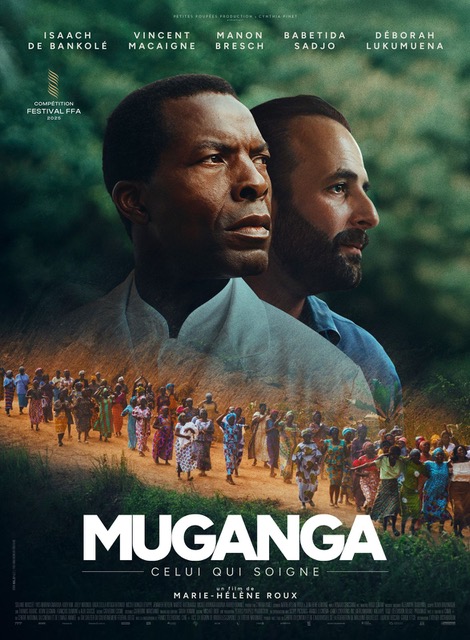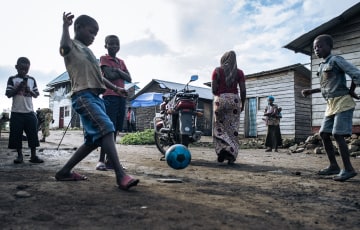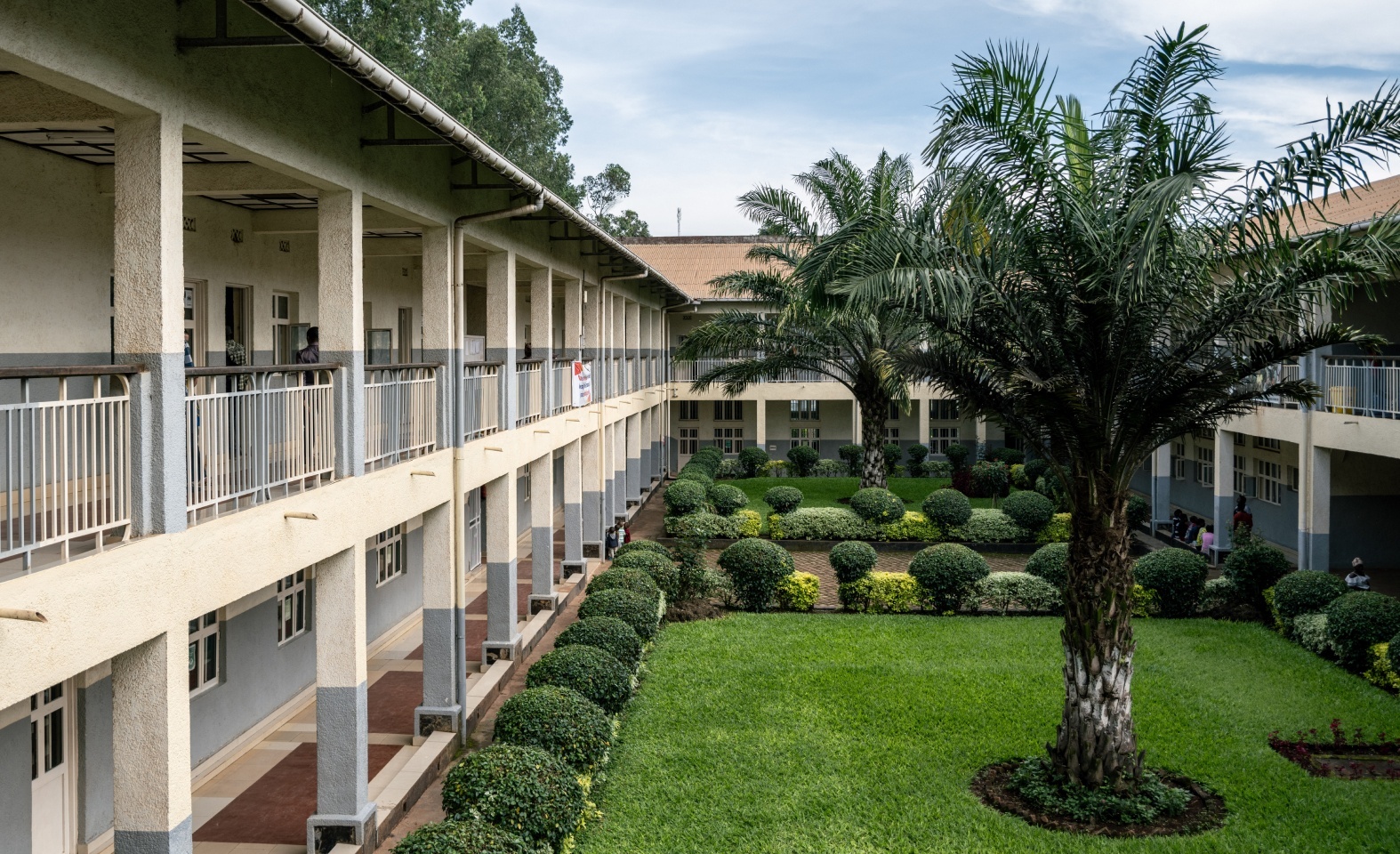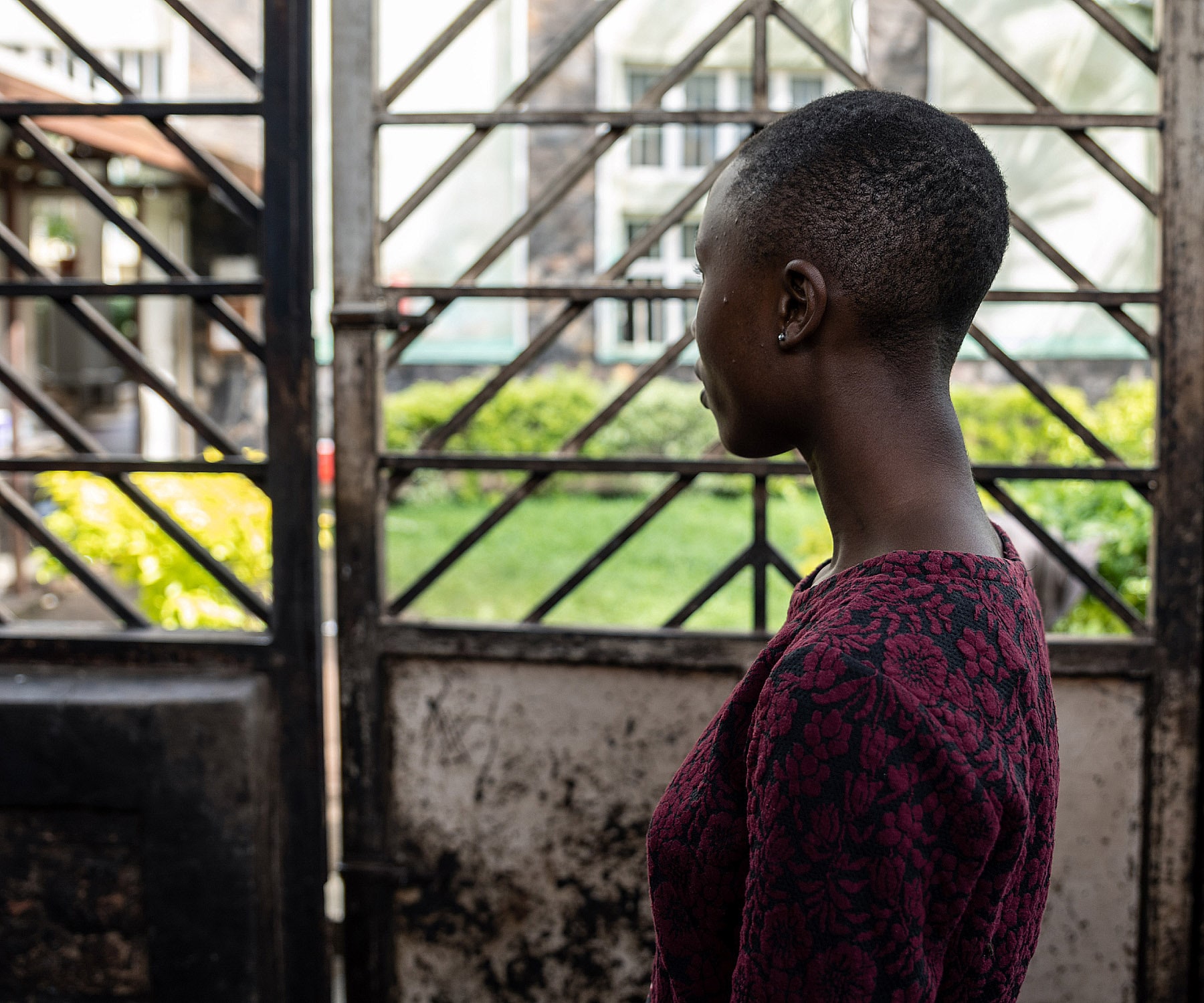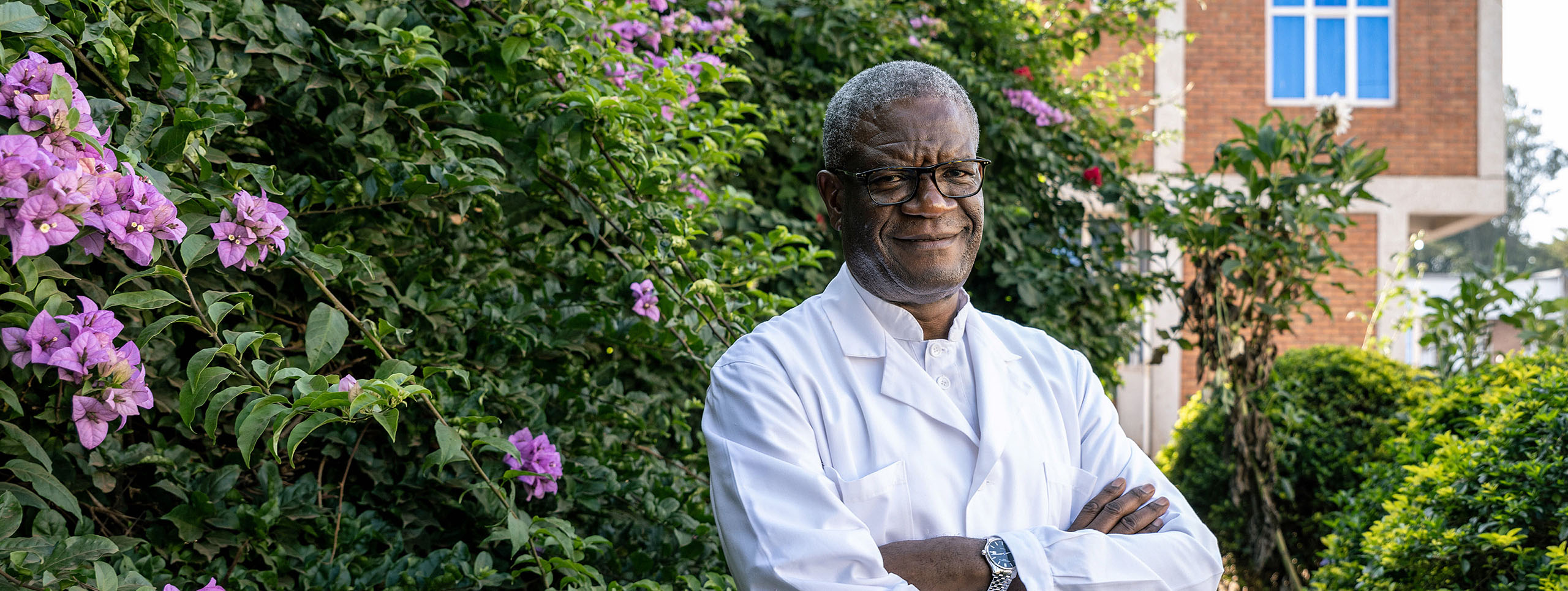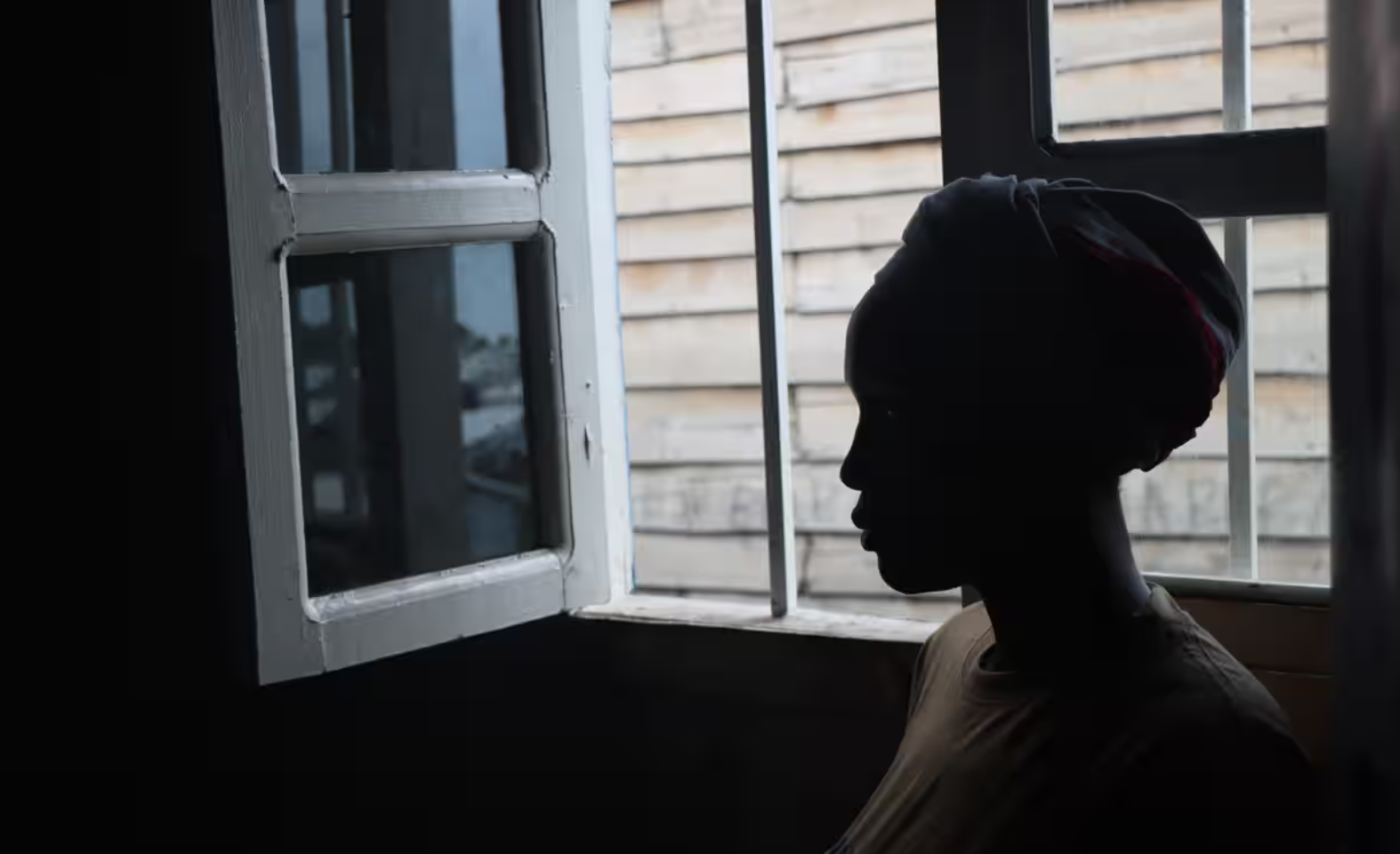July 17, 2022 — The Day of International Criminal Justice commemorates the adoption of the Rome Statute, the treaty establishing the International Criminal Court (ICC), which seeks to bring justice to victims of genocide, war crimes, crimes against humanity, and the crime of aggression. This day, July 17, brings together all those who love justice, who work daily with victims, and who seek to prevent the most serious crimes that constitute serious threats to international peace and security. Our thoughts are with all the Congolese victims of yesterday and today who are waiting for justice to be done.
On this occasion, we call on the ICC Prosecutor to keep the situation in the Democratic Republic of Congo (DRC) high on the agenda of his office, as mass atrocities defying the imagination and deeply shocking the human conscience have been taking place there on a daily basis for almost 30 years in the face of shocking indifference and a climate of almost widespread impunity.
Indeed, for more than a quarter of a century, the DRC has been the object of multiple wars of aggression and various third countries, notably Uganda, Rwanda and Burundi, continue to lead various armed groups to destabilize the country and plunder its natural and mineral resources.
It is in this context that we must remind international public opinion that the conflicts that have ravaged the DRC are the deadliest since the Second World War. The deaths, the direct and indirect victims, the women raped, and the displaced are counted in the millions, resulting in a very serious humanitarian catastrophe, and plunging the Congolese population into deep trauma.
No one can say that we don’t know what is going on in the DRC. The United Nations Mapping Report published in 2010 mapped 617 of the most serious incidents committed between 1993 and 2003. These crimes continue unabated, and the UN peacekeeping mission that has been operating in the DRC for more than 20 years has a daily, monthly, and yearly tally of serious violations of human rights and international humanitarian law that characterize the daily lives of the Congolese. These imprescriptible crimes cannot go unpunished, including those currently committed in North Kivu by the M23 with the support of Rwanda.
Thus, we have always supported the action of the ICC in the DRC. However, 20 years after the entry into force of the Rome Statute, the ICC has only convicted three militiamen for crimes committed exclusively in Ituri. We are fully aware that the Congolese state has the primary responsibility to prosecute and judge crimes committed on its territory, but despite the efforts of the military justice system, we believe that the national authorities still lack the capacity to meet the challenges of impunity for past and present crimes.
Furthermore, we are convinced that the ICC’s action will be complementary to the transitional justice process underway in the DRC. Indeed, the ICC only has jurisdiction over the most serious crimes committed after July 1, 2002. We therefore call on the Congolese authorities to adopt a holistic national strategy for transitional justice in the DRC, and request the support and involvement of the United Nations to implement it.
We welcome the Conference on Accountability for Crimes Committed in Ukraine held in The Hague this week, and note with interest that all participants highlighted the imperative of mobilizing the same will for all situations where mass crimes and aggression are committed.
The time has come to put an end to the variable geometry humanism and double standards that undermine the credibility of international institutions and to recognize the Congolese people’s right to justice, truth, reparations and institutional reforms aimed at guaranteeing the non-recurrence of atrocities. This is the sine qua non for breaking the cycle of violence and impunity, and for consolidating the rule of law, democracy and peace in the heart of Africa.
